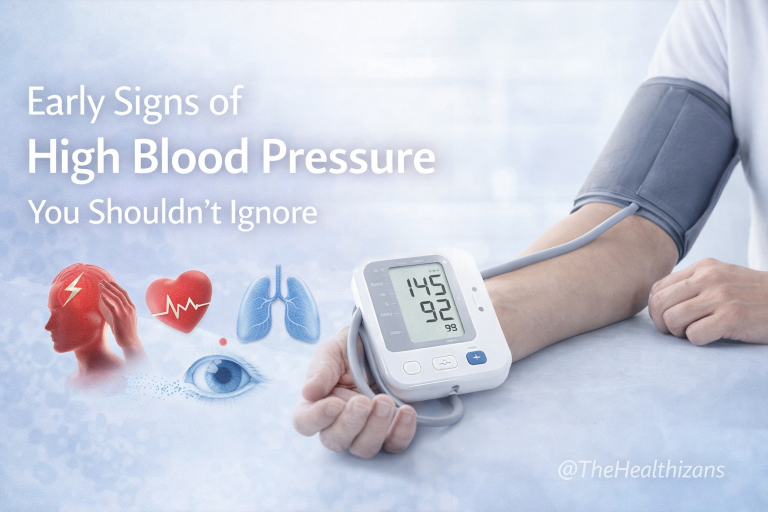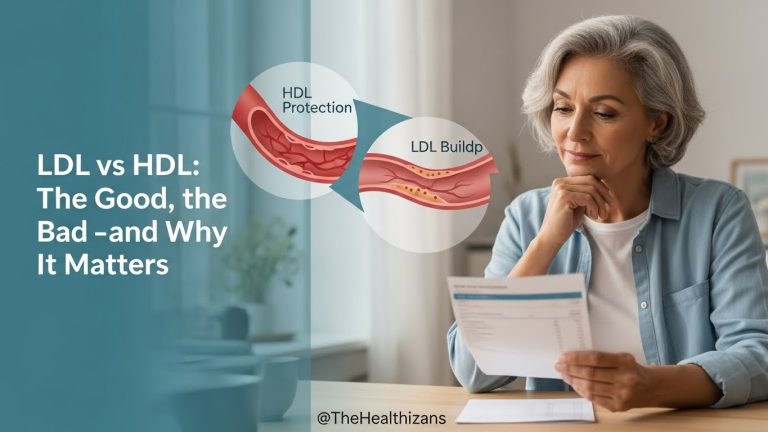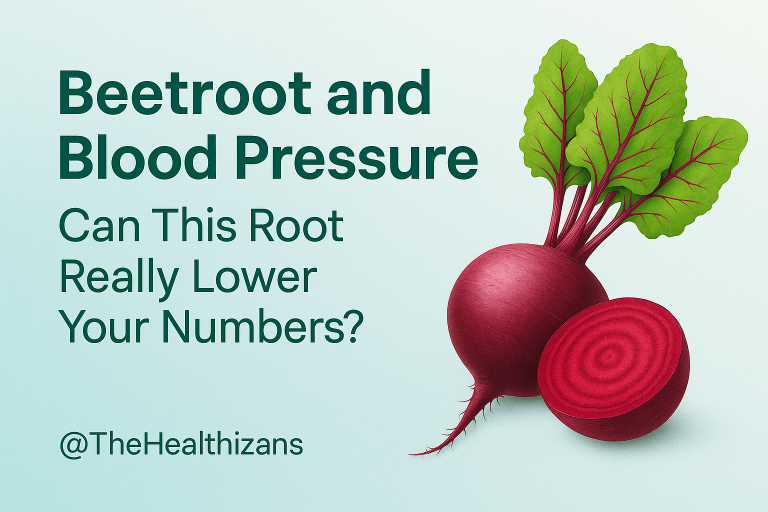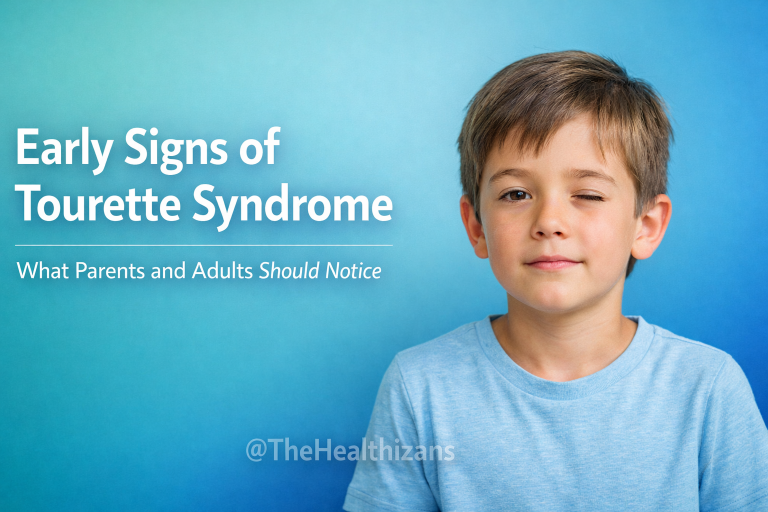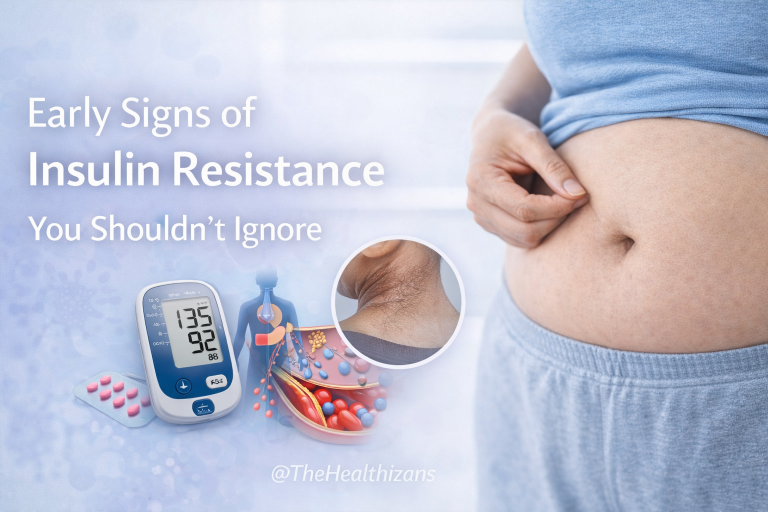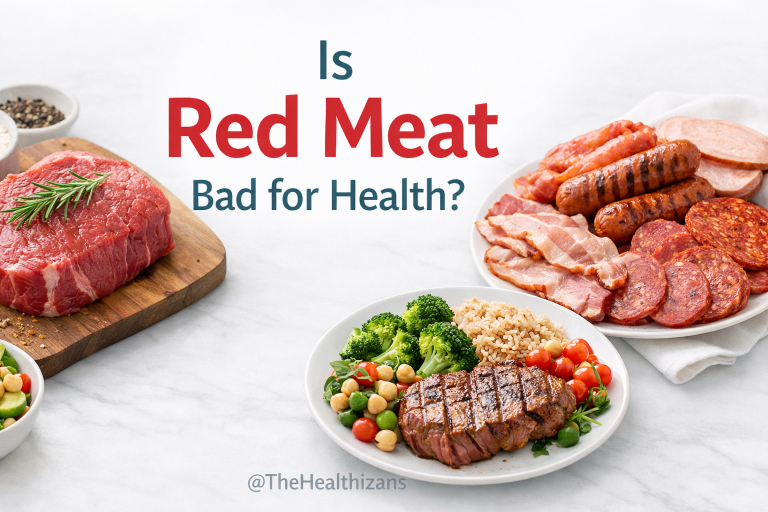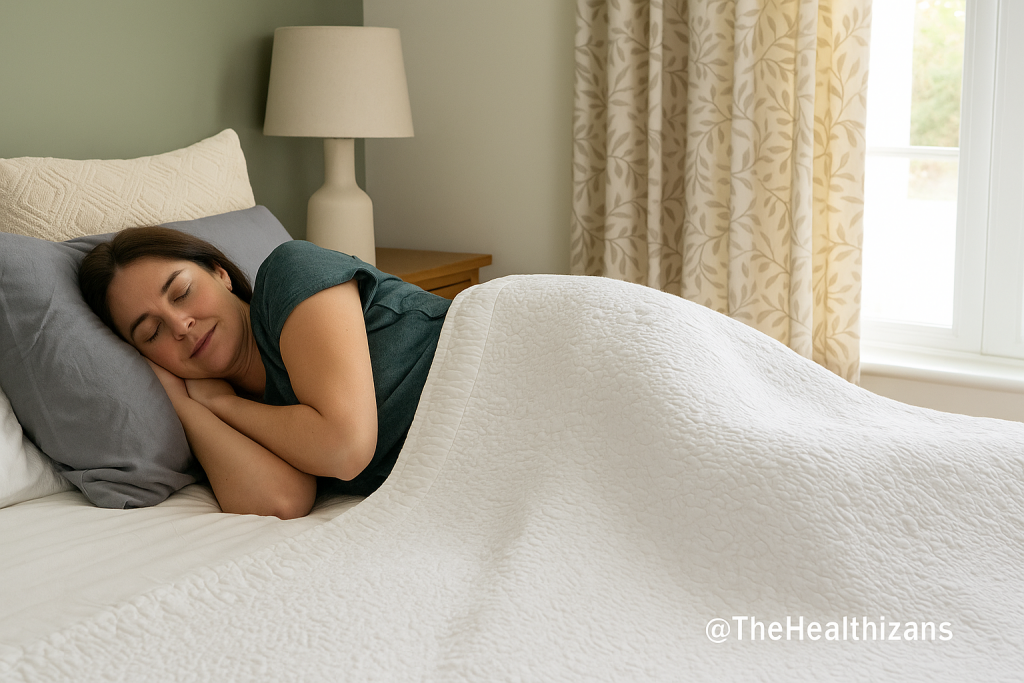
If you regularly wake up feeling unrefreshed, rely on caffeine to get through the day, or struggle to get more than six hours of sleep a night, your blood pressure may already be feeling the strain — even if you eat well and stay active. Across the world, poor sleep is increasingly recognised as a hidden driver of high blood pressure, yet it’s often overlooked in everyday health conversations.
Understanding the connection between sleep and blood pressure is important, because unlike genetics, sleep habits are something most of us can improve with the right knowledge and consistency.
What Happens to Blood Pressure While You Sleep?
Sleep is not simply “switching off.” In fact, it’s one of the most active recovery periods your body has. During deep, restorative sleep, your nervous system shifts into a calmer state. Heart rate slows, blood vessels relax, and blood pressure naturally dips — a process known as nocturnal dipping.
This nightly dip gives your heart and arteries a chance to rest.
However, when sleep is too short, fragmented, or poor in quality, this protective reset doesn’t happen properly. Instead, stress hormones such as cortisol and adrenaline remain elevated. Blood vessels stay tighter than they should, inflammation increases, and over time, blood pressure begins to creep upward.
In many ways, poor sleep keeps your body stuck in “alert mode” long after the day has ended.
Why Poor Sleep Raises Long-Term Hypertension Risk
While a single bad night won’t cause high blood pressure, repeated sleep deprivation can. Chronic poor sleep affects blood pressure both directly and indirectly.
On a biological level, it disrupts hormone regulation and increases sympathetic nervous system activity — the same system involved in stress responses. At the same time, lack of sleep makes insulin resistance more likely and increases systemic inflammation, both of which are strongly linked to hypertension.
Behaviourally, tiredness often leads to choices that further raise blood pressure, such as increased caffeine intake, less physical activity, irregular meals, or poor stress coping. Over time, these factors combine, making blood pressure harder to control — even in people who otherwise live fairly healthy lives.
This same stress–blood pressure relationship has also been explored in our article on how stress affects blood pressure and what to do about it, highlighting how sleep and stress often work together rather than separately.
A Global Problem, Not Just a Lifestyle Issue
Sleep deprivation is now a global public health concern. Late-night screen use, long working hours, shift work, urban noise, and psychological stress have all reduced average sleep duration worldwide.
International data shows that adults who consistently sleep fewer than seven hours per night are significantly more likely to develop high blood pressure, obesity, and type 2 diabetes. Studies from urban centres in Nigeria have demonstrated a clear association between shorter sleep duration and higher systolic and diastolic blood pressure, while UK health data also recognises poor sleep as a contributor to rising lifestyle-related hypertension.
In other words, this issue cuts across continents, cultures, and income levels.
Signs Your Sleep May Be Affecting Your Blood Pressure
You don’t need a sleep tracker to spot potential warning signs. Many people notice subtle clues long before a diagnosis is made. These may include persistent morning fatigue, difficulty concentrating, or needing several cups of coffee just to feel alert.
Loud snoring, waking up gasping for air, or feeling unrefreshed despite spending enough time in bed may point to sleep apnoea — a major but often undiagnosed cause of resistant high blood pressure.
If your blood pressure readings continue to rise despite good diet and exercise habits, sleep quality is worth examining more closely.
Practical Sleep Habits That Support Healthy Blood Pressure
Improving sleep doesn’t require perfection. Small, consistent changes often bring meaningful benefits.
Creating a short wind-down period before bed helps signal to your brain that it’s time to rest. Dimming lights, switching off screens, or doing something calming — such as reading or gentle stretching — can make a noticeable difference.
Keeping a regular sleep and wake time, even on weekends, helps stabilise your body clock. Reducing caffeine, alcohol, and heavy meals in the evening allows your nervous system to settle more easily.
Your sleep environment also matters. Cooler, darker, and quieter rooms are associated with deeper, more restorative sleep. And if snoring or unrefreshing sleep persists, it’s important to speak to a healthcare professional — particularly as treating sleep apnoea can significantly improve blood pressure control.
Final Thought
Sleep is not a luxury or an optional extra — it’s one of the most powerful tools your body has to regulate blood pressure and protect your heart. Yet it’s often the first thing sacrificed in busy lives.
If you’re serious about long-term cardiovascular health, improving your sleep may be just as important as cutting salt, exercising regularly, or taking prescribed medication. Sometimes, protecting your heart starts with something as simple — and as overlooked — as going to bed on time.
Sources
- World Health Organization (2023). Sleep and Noncommunicable Diseases
- Centers for Disease Control and Prevention (CDC). How Sleep Affects Heart Health (2022)
- Mayo Clinic. Sleep Apnoea and High Blood Pressure (2022)
- NHS UK. Sleep and Blood Pressure (2023)
- Nigerian Journal of Clinical Practice (2021). Sleep Duration and Hypertension in Urban Nigerian Adults
